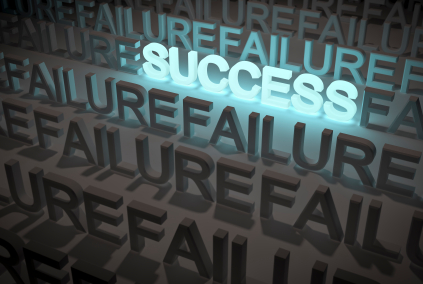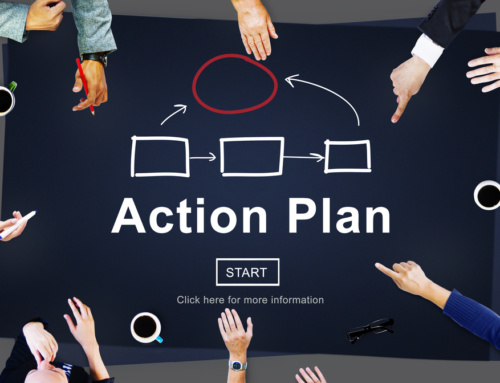Gary Rogers, the recently late entrepreneur, perhaps best known for buying, building, and selling the Dreyer’s and Edy’s brands of ice cream, had a consistent response to inquiries from his underlings: “You decide.”
I love this response.
My response to, “How should I?” questions is always: “I’m not sure. What do you think you should do?”
After a few rounds of this game, most employees get the message—show up with a plan and don’t ask what you should do.
Give your employees autonomy. Don’t tell. Ask.
My response to, “How should I?” questions is always: “I’m not sure. What do you think you should do?” Click To TweetOptimism:
I hate learning about interesting leaders once they are gone. The same goes for remarkable musicians, except the musician’s output lingers, potentially inspiring new generations. The leader’s wisdom fades along with those they touched directly.
According to Rogers’ obituary in the Wall Street Journal, he credited “dogged optimism” for his success, along with the belief that “people were capable of far more exertion than they knew.”
This dogged optimism, or “sticktoitiveness” as I describe it, is an essential leadership ingredient. It was essential for Rogers and his partner to recover from a business disaster, ultimately leading to their sale of the ice cream business for north of $3 billion.
Dogged optimism is essential for you in your most challenging moments.
Chances are you are contemplating giving up on something that is proving difficult.
If you give up, you lose.
Every success story starts with a string of failures.
When combined with vision, the sheer tenacity to succeed lifts entire teams and firms.
It also changes lives.
Exertion:
Exertion is an interesting one. Rogers’ perspective came from his experience on a college rowing team.
The trick or challenge for anyone in a leadership role is to create the conditions for individuals to willingly and enthusiastically push themselves beyond imagined limits.
You cannot demand the exertion without first earning the right to demand it.
Model the behaviors. Hold yourself to a higher standard of accountability for effort and results than you hold others.
Then set high expectations.
I have never been disappointed with this approach. In fact, I’ve been awe-struck at the ability of individuals and groups to push themselves to new levels of performance because they wanted to. Not because they were told to exert.
Experienced leaders, rethink. Emerging leaders take note.
The Bottom-Line for Now:
The best testament to a great leader in your life is to not write or talk about her after she’s gone. Instead, pay her lessons forward now. Model and spread the wisdom. You can start with dogged optimism and modeling the behaviors that encourage people to stretch.
—
Related:
First-Time Manager #5: Asking Versus Telling
The Wonderful and Vexing Quality of Sticktoitiveness








Leave A Comment